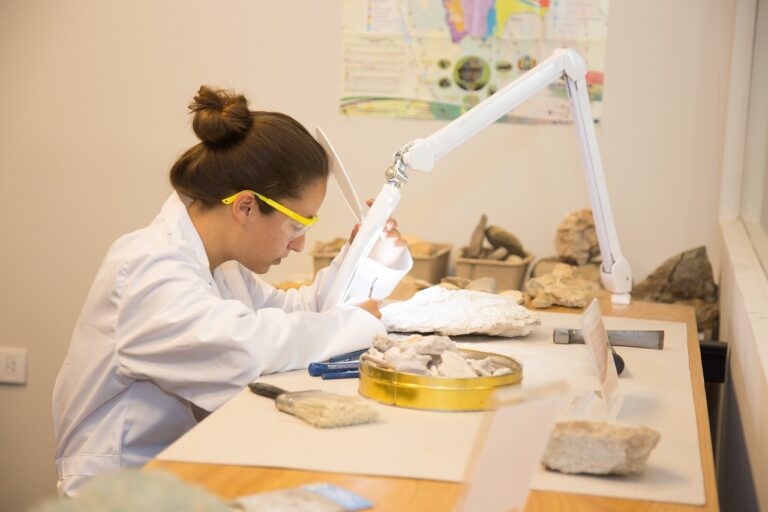Exploring Culturally Relevant Automotive Technology Education Practices
Culturally relevant education is essential in creating an inclusive and equitable learning environment that honors students’ diverse backgrounds and experiences. By incorporating students’ cultural identities into the curriculum, educators can foster a sense of belonging and validation among learners. This approach not only enhances students’ engagement and motivation but also empowers them to succeed academically.
One key consideration in culturally relevant education is the need to adapt teaching strategies to reflect the cultural norms and values of the students in the classroom. Recognizing and respecting different cultural perspectives can help educators tailor their instructional methods to better meet the needs and preferences of all learners. By incorporating culturally relevant content and examples into the curriculum, educators can make learning more meaningful and relatable for students from diverse cultural backgrounds.
The Importance of Diverse Representation in Automotive Technology Education
In automotive technology education, it is crucial to ensure diverse representation. By incorporating individuals from various backgrounds, experiences, and perspectives, we create an inclusive learning environment that mirrors the diverse world of automotive technology. This representation not only fosters a sense of belonging among students but also encourages innovation and creativity in problem-solving within the field.
Moreover, diverse representation in automotive technology education plays a significant role in breaking down stereotypes and challenging biases. When students see individuals like themselves succeeding and thriving in the automotive industry, it inspires them to pursue their passion and potential in this field. This visibility of diverse role models not only empowers students but also contributes to a more equitable and inclusive automotive technology sector.
Understanding Cultural Differences in Automotive Technology Learning
In the realm of automotive technology education, acknowledging and appreciating cultural differences is essential for fostering inclusive learning environments. When students from diverse backgrounds feel respected and understood, they are more likely to engage actively in their learning and excel in their studies. By recognizing the unique perspectives that each student brings to the table, educators can tailor their teaching methods to ensure that all learners have equal opportunities to succeed in the field of automotive technology.
Cultural differences can manifest in various ways within the automotive technology learning setting, influencing students’ learning styles, communication preferences, and problem-solving approaches. Educators must be attuned to these nuances and adapt their instructional strategies accordingly to cater to the diverse needs of their students. Emphasizing cultural sensitivity and promoting an inclusive classroom environment can go a long way in enhancing the overall educational experience for aspiring automotive technicians.
• Embracing cultural differences in the classroom can lead to a more enriching learning environment for all students.
• Understanding how cultural backgrounds influence learning styles can help educators tailor their teaching methods effectively.
• Promoting inclusivity and diversity in automotive technology education can help bridge gaps and create a sense of belonging among students.
Why is it important to consider cultural differences in automotive technology learning?
Understanding cultural differences can help educators tailor their teaching methods to better suit the needs of a diverse student population, leading to increased engagement and success in learning.
How can educators incorporate cultural relevance into automotive technology education?
Educators can incorporate cultural relevance by including examples and perspectives from various cultural backgrounds in their curriculum, promoting inclusivity and a deeper understanding of the subject matter.
Why is diverse representation important in automotive technology education?
Diverse representation ensures that all students feel included and can see themselves reflected in the curriculum, leading to a more inclusive and enriching learning environment for everyone.
What are some key considerations in culturally relevant education for automotive technology?
Some key considerations include acknowledging and valuing the cultural backgrounds of students, promoting inclusivity and diversity in the curriculum, and adapting teaching methods to accommodate different learning styles and preferences.





